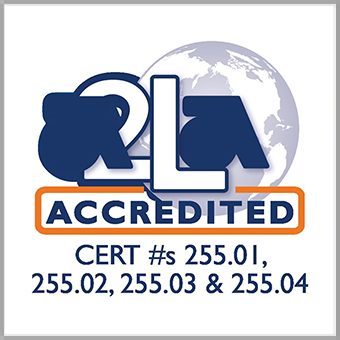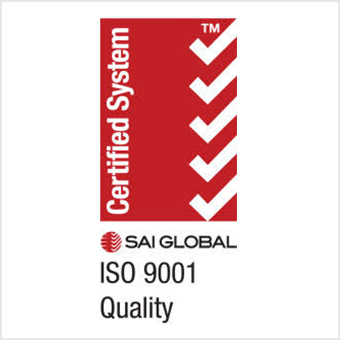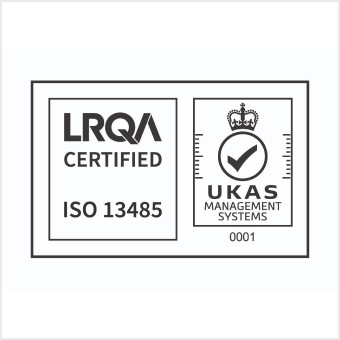ARDL offers a wide range of Fluid Immersion capabilities to help customers understand the impact of fluids on material properties. Exposure to liquids can cause changes to the chemical and physical properties of a material. ARDL measures the property changes after immersion in a specified fluid for tensile, elongation, durometer, volume or weight and other failure criteria.
We can provide immersion in fluids including automotive fluids, chloramine and chlorine, IRM fluids, ASTM fluids, ISO standard fluids, down-hole gases, liquid chemicals, acids, fuels and much more. Immersion testing may be conducted at elevated temperatures, pressures and environments to help understand material degradation or performance in the field.




